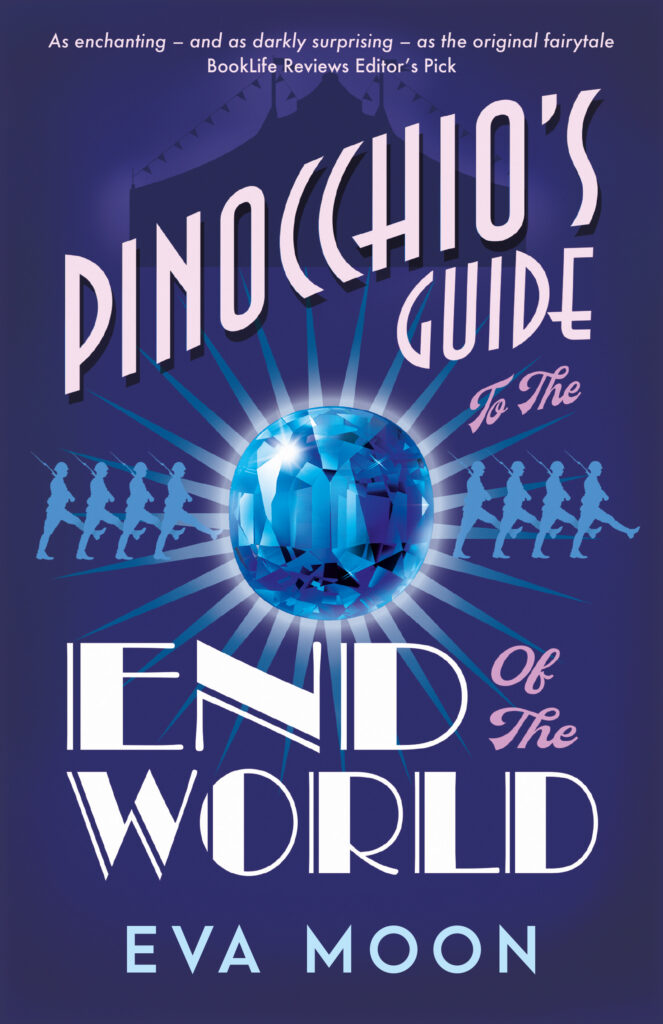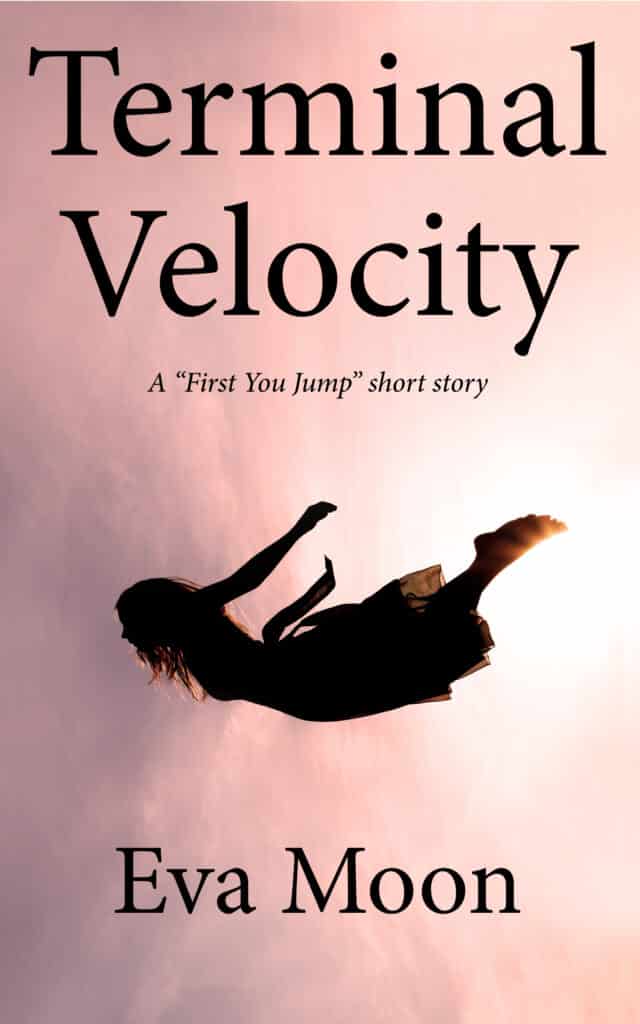I mean it. Stop it right now.
I know you meant it as a compliment, but it’s not. When people call me “young at heart” they mean something like active, adventurous, creative, involved. How remarkable for someone who is, well, (whispered) old!
Calling an old person “young at heart” — or calling a young person “old before his time” for that matter — perpetuates a culture that equates “young” with positive traits like spontaneity, energy, stamina, hopefulness, adaptability, and “old” with negative traits like dullness, loss of interest in new ideas or activities, crotchetiness and inflexibility. It’s true that our physical bodies age and are prone to a host of increasing maladies, but psychologically, going from “youthfulness” to “old age” isn’t a straight downhill slide. It’s more of a hilly landscape with a few steep crags and cliffs tossed in. I have more energy and excitement about life at 58 than I did at 28 when I was exhausted and caring for two babies, but maybe not quite as much stamina as I did when I was 18 and partying until dawn.
I’ve both dreaded getting older and been surprised by its unexpected gifts. I’ve got more sags and scars, but I’m also doing the best, deepest and most creative work of my life. It’s work I could not have done at all when I was younger because I didn’t have the life experience I needed. Or the time.
For a long time I was fine with being called “young at heart” — even flattered. But lately I’ve come to see it as a limiting cultural view with negative consequences for people of any age. It boxes us into expected roles. It devalues the elderly as irrelevant and creates an unearned sense of entitlement among the young.
I imagine some might call it sour grapes — having lost my “true youthfulness” I’m belatedly trying to claim it’s unimportant. Maybe I am. But I don’t think so. How would anyone be harmed if we stopped thinking of lively, involved people as “young” and passive, stodgy people as “old”? Do you even realize how offensive it can be to hear, “I know people half your age who are way older than you”? How well do you think it would go over if you said, “You seem really white for a black person”? Or “I know you’re a woman, you’re really a man at heart”?
So please. Enough with the “young at heart” business. It’s getting old.


